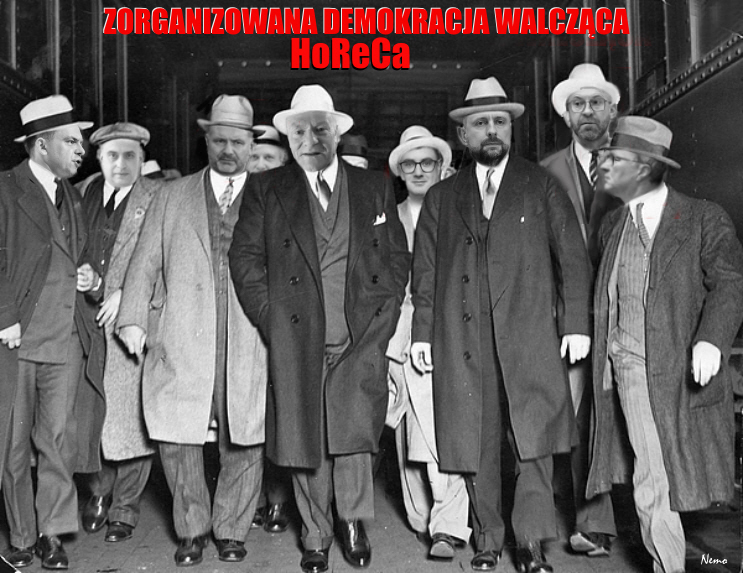“What is economical patriotism?” – this question opened a conversation with Dr. Krzysztof Tenerowicz, president of the Wladyslaw Grabski Centre Foundation, as part of the National thought Centre cycle.
The subject, as it turns out, is neither period fashion nor marketing slogan. It is simply a multi-annual process of increasing society to informed consumer decisions.
“Economic patriotism is something that has changed greatly. From the request to translate that the Polish product can be good, to pride in what we create.”
In the first years of transformation, the belief that everything Western – better – prevailed. English-sounding names, German chemistry, abroad clothes – everything enjoyed higher prestige. Polish product was seldom desirable, frequently identified with lower quality.
“Polish product was seen as inferior. little expensive. Most frequently just worse.”
This state has changed for decades. With the entry into the European Union and subsequent crises specified as the COVID-19 pandemic, Poles began to analyse their consumer decisions more. They discovered the value of supporting local business and the strength of the economical community.
“Where we order pizza, it decides whether our neighbour will have a job.”
Dr. Tenerowicz emphasizes the difference between declared and actual consumer patriotism. In research, Poles are eager to support local brands. The problem begins in practice – deficiency of cognition of the origin of the product, difficulties in verifying owners, confusing markings.
“Code 590 does not mean that it is simply a Polish product. It could only be the office address. Neither a buck of taxation has to go to the budget.”
For this reason, initiatives like “Produkt Polski”, “Polish Track” or “Pola” application play an increasingly crucial role, which algorithmically verifies the origin and structure of ownership of companies.
“This is not a perfect tool, but the closest to perfection.”
Common sense remains crucial. Nobody requires to buy a worse and more costly Polish product just due to the label. But polls show that more and more Poles see the quality of native products.
“Nearly 60% of Poles think Polish products are simply better.”
Although many producers are inactive hiding under abroad names, certain sectors are doing great. Cosmetic, food and fuel industries (e.g. Orlen) – there are recognizable brands.
“At Orlen stations abroad 80% of customers are Poles. You can see that this is impressive.”
This is not about expansion for prestige, but to consolidate the presence on the continent and build real economical strength. We are gaining a position that does not request to be explained by politics.
Do we request a national strategy for economical patriotism? Dr. Tenerowicz has no uncertainty – yes, but without overregulation. The biggest success is the 1 that grows on the initiative of private companies, not by law.
“It is best if private brands succeed. No State Treasury companies have specified potential.”
However, a coherent, cross-party support policy is needed. Not for 1 term, but for decades. And 1 occupation for you: do not disturb.
“Do not disturb. Let us let companies free possible and support their expansion where it makes sense.”
Conclusion
Economic patriotism is not just a feeling, it's a conscious choice. He's a consumer who knows what he's buying. An entrepreneur who knows how to advance Polish quality. And a country that knows erstwhile to back up and erstwhile to support.
Both pandemic and European integration have shown that this change does not come from the top. It is born in crises and ripens with all purchase. Will this build a national strategy? It's not just up to politicians. It's up to all of us.










![A gdyby śmierci nie było? [o „Trzecim królestwie” Knausgårda]](https://krytykapolityczna.pl/wp-content/uploads/2025/07/Szablon-rozmiaru-obrazkow-na-strone-2.png)






